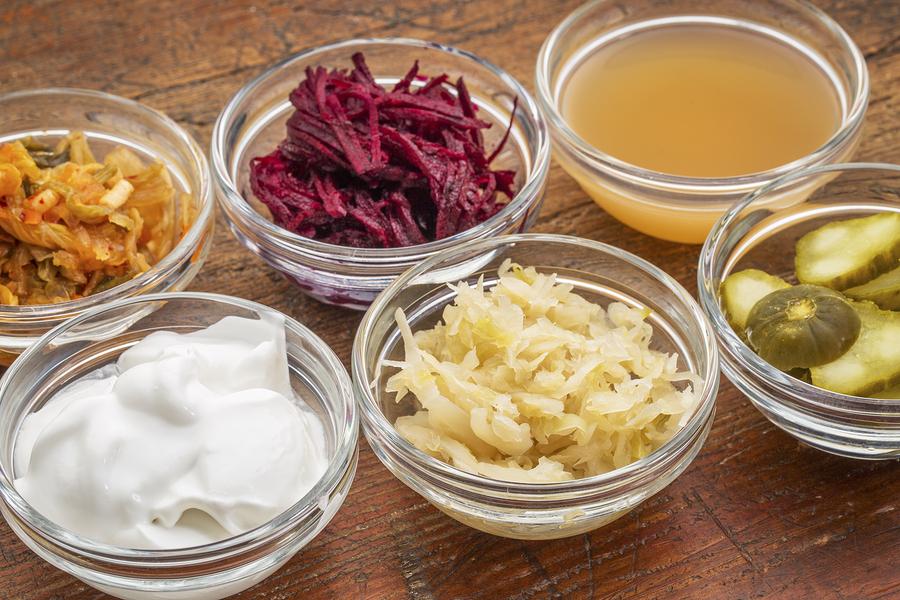
Your digestive health plays an incredibly important role in your general health, and maintaining the optimum function of your digestive system should always be a priority. Although the foods that you choose to consume will contribute greatly to how healthy or unhealthy your digestive system is, this isn’t the only thing that you have to consider!
Drinking with Food
There is definitely a contrast in opinion when it comes to whether or not we should have a drink at meal times or not. When it comes to improving digestion, the science tells us that this is generally not a good idea. When you hydrate during a meal you will dilute your digestive juices, and the same is true if you drink immediately after you have eaten.
It has been suggested that drinking some water approximately 30 minutes before you eat is the best way to support the digestive process for your meal. Similarly, waiting for around 30 minutes after you have eaten will helo you to avoid the aforementioned issue of dilution. Furthermore, staying adequately hydrated throughout each day will help to keep your appetite under control.
Make Time for Meal Times
With our chaotic lives and busy schedules it may often seem as though you have to eat on the go if you are going to be able to eat at all. However, doing so can actually be of detriment to the digestive process.
The best way to make the most of your meal, and to encourage your digestive system to do the same, is to always eat sitting down with your full attention on the meal that you are about to consume. This means turning off your phone, not staring at the television screen and generally being mindful and aware of your food as you eat it. Acknowledge and appreciate each mouthful for the goodness that it is going to provide to your body and mind.
Also, when you are eating your meal, it is helpful for digestion if you chew your food an adequate amount before you swallow. This may sound like a common sense concept, but often – especially when we are in a rush – we may eat relatively quickly and not chew enough. Doing so is important because as you are chewing your saliva will begin the process of breaking the food down. If you haven’t chewed your food properly then the stomach has more work to do later.
Allergies and Intolerances
You might not always be aware of specific food allergies or insensitivities that you have. After eating certain meals you may notice that you experience bloating, gas, indigestion, or other similar symptoms. This can often be due to a food sensitivity, intolerance or even an allergy.
If you are eating foods that do not entirely agree with your body then you can be making it much harder for your digestive system to do its job properly.
A good way to identify problem foods is to keep a food diary and to note how you feel physically after eating each meal. You can then recognise which foods may be contributing to these feelings of ill health and then make the decision to eradicate them from your diet.
Encourage Digestive Balance
Eating a wide range of foods that are known to support digestive health is one of the best ways to encourage optimum digestion. Those that contain an abundance of good bacteria are the best to choose. The gut can only thrive with health if there is an adequate amount of good bacteria present, and choosing to eat foods that contain this bacteria is the best way to replenish these stores.
You can find good bacteria in certain foods, and it is also easy to top of your good bacteria stores by taking a daily probiotic supplement. Fermented foods are among the best to choose when eating for gut health. Kimchi, sauerkraut, kefir and kombucha are fantastic items to add into your diet regularly.
Eating Before Bed
Eating before bed is one of the most common ways that people can upset the natural balance of the digestive system. If you eat your last meal of the day too close to bed time then you run the risk of disrupting your digestive system, which can then impact the quality of sleep you enjoy that night. This is especially going to be the case if the foods that you consume late at night are highly processed, high in sugar, or contain refined grains.
In order to help boost the health of your digestive system, and improve your quality of sleep, it is best to stop eating at least two hours before you go to bed. Aiming to leave at least 12 hours between your last meal of the day and your breakfast the following morning is a great idea.
References
1) https://therealfoodrds.com/5-ways-to-improve-your-digestion-naturally
Related Posts
Cigarettes May Inhibit Inflammation Treatments
Axial spondyloarthritis, also known as AxSpa, is a chronic…









